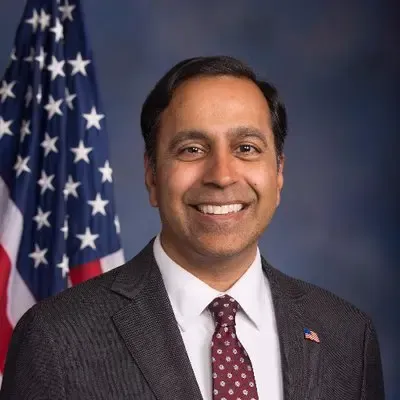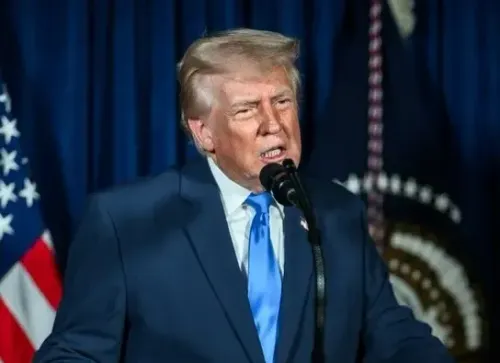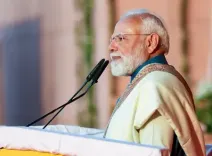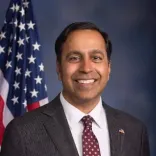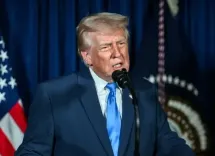Will Iran Strike Israel's Secret Nuclear Sites if Provoked?
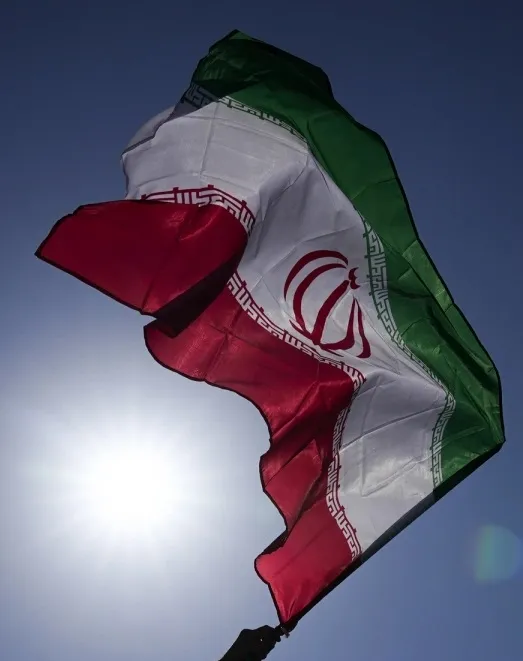
Synopsis
Key Takeaways
- Iran threatens to target Israeli nuclear sites if attacked.
- Acquisition of sensitive Israeli intelligence reported.
- Strategic deterrence capabilities emphasized by SNSC.
- Israel's nuclear status remains ambiguous.
- Potential for increased regional tensions.
Tehran, June 10 (NationPress) The top security authority of Iran has issued a stern warning that its military will promptly target Israel’s ‘covert nuclear facilities’ if the Islamic Republic faces a military assault. This statement follows claims that Iran has obtained ‘sensitive Israeli intelligence’.
The Supreme National Security Council (SNSC) made this declaration shortly after Intelligence Minister Esmaeil Khatib revealed that Iran had acquired a ‘substantial cache’ of Israeli documents through various intelligence operations, as reported by Xinhua news agency.
The council noted that months of intelligence activities have allowed Iran’s armed forces to pinpoint critical Israeli targets for possible retaliation, should Israel choose to launch military action against Iranian interests.
“This initiative is part of a larger strategy aimed at countering disinformation from hostile entities while enhancing Iran’s deterrent capacity,” the SNSC stated.
With access to Israeli intelligence, Tehran could quickly strike at ‘hidden nuclear sites’ in the event of an Israeli offensive against Iran's nuclear infrastructure. The council also mentioned that this intelligence supports a proportional response to any attacks on Iran’s economic or military assets.
While many believe Israel possesses nuclear weapons, the country has never officially acknowledged this, adhering to a long-standing policy of strategic ambiguity.



